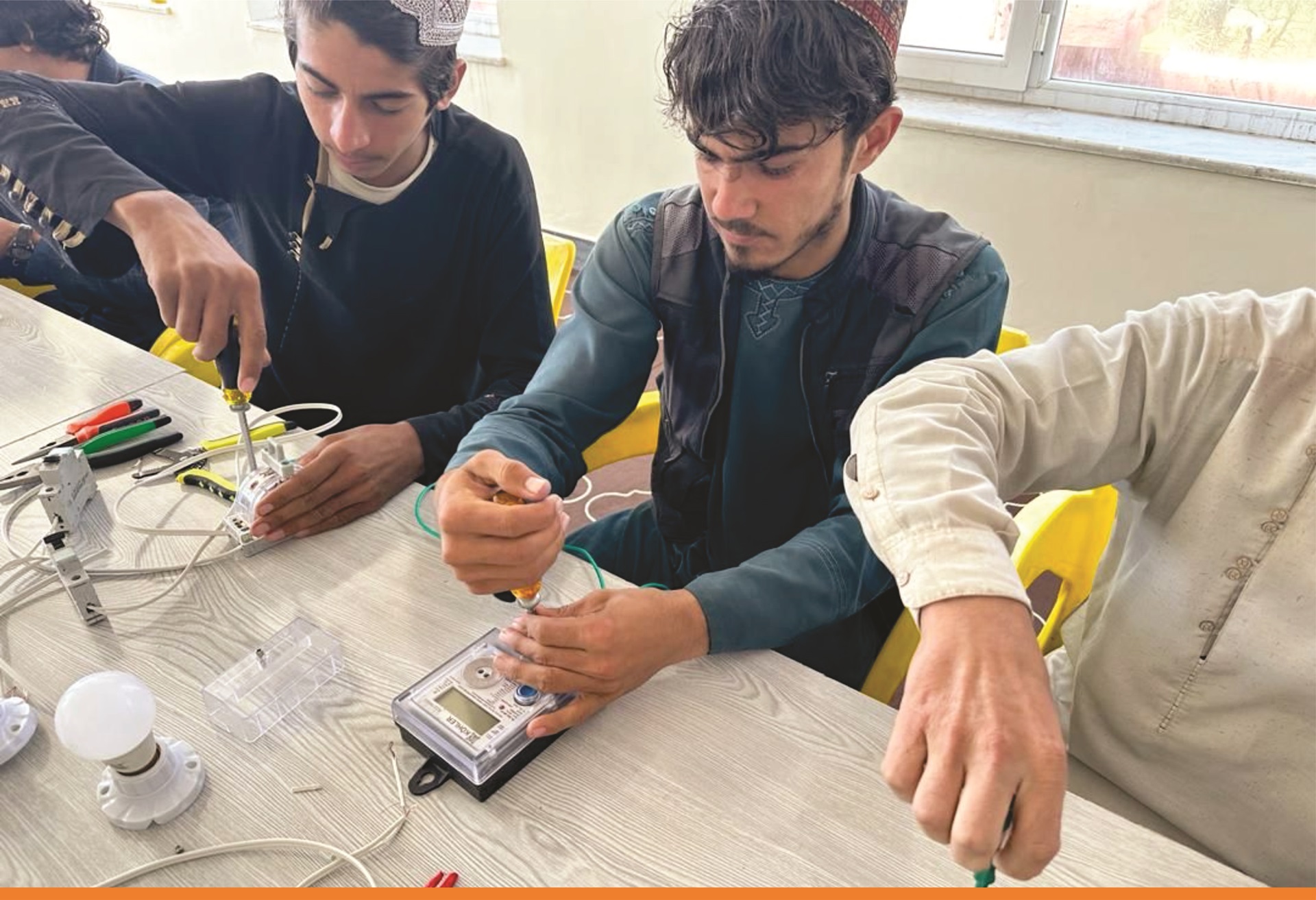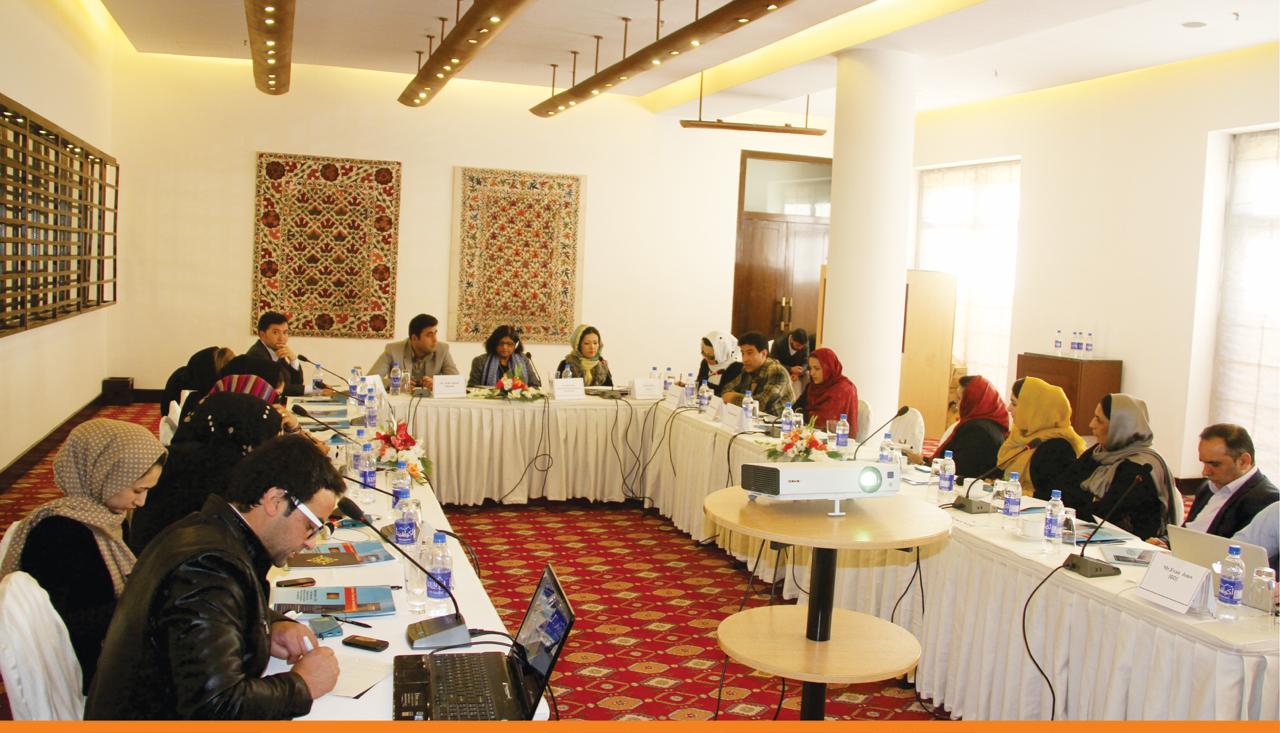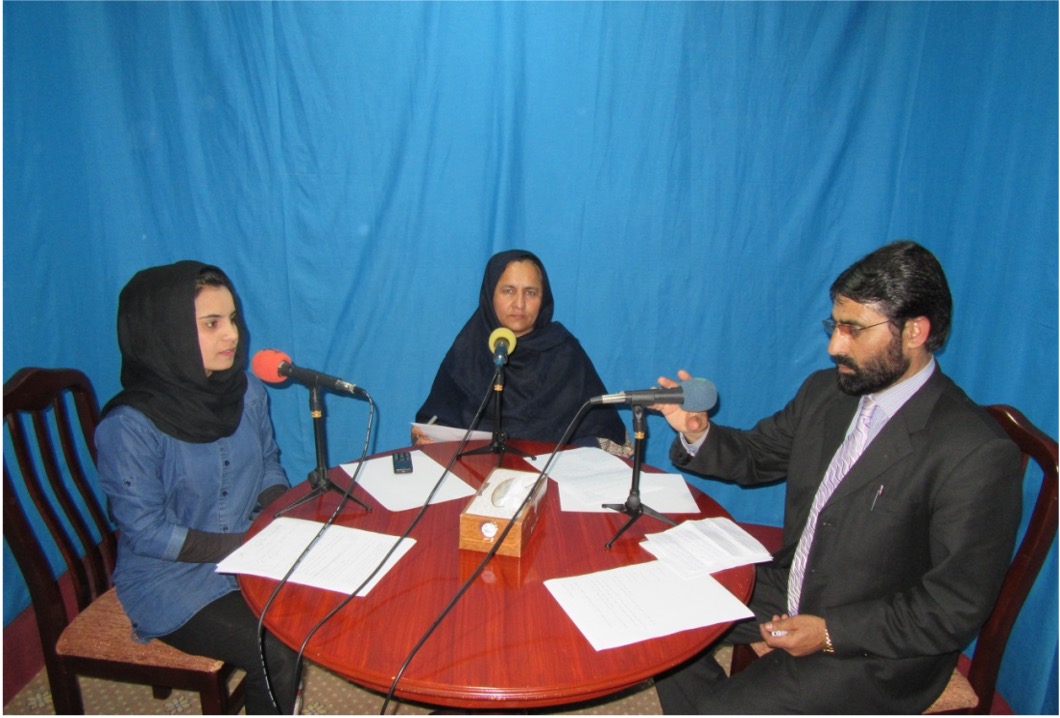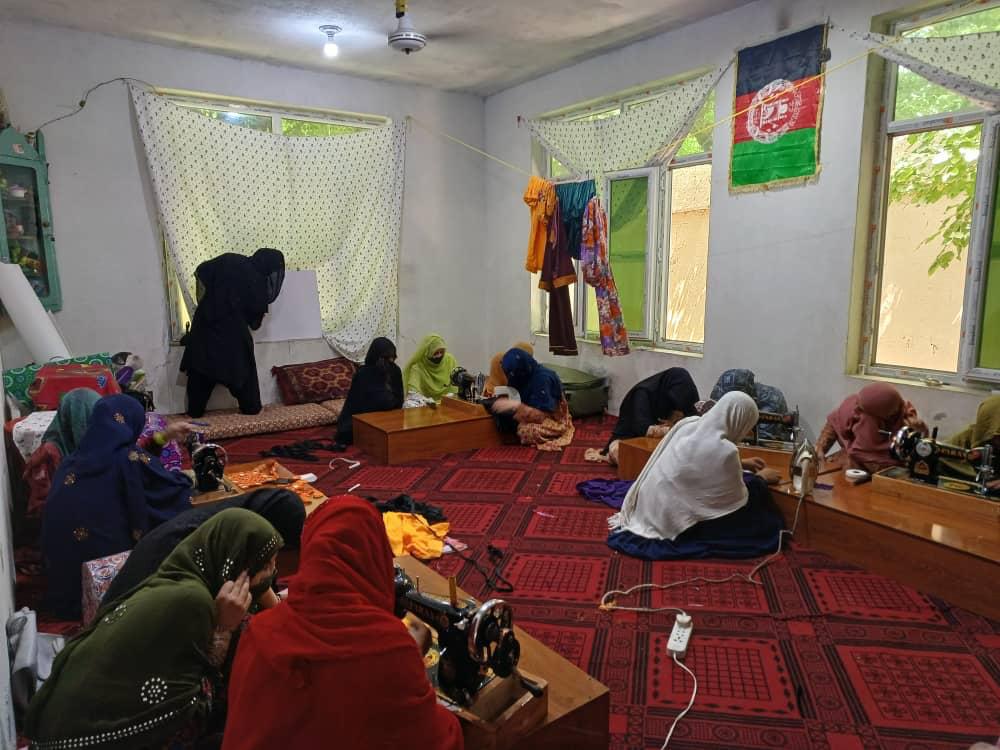
Our approach prioritizes legal, media, and economic empowerment to promote human rights and gender equality. We aim to strengthen local media institutions and enhance the community’s financial resources, particularly for women and youth. To achieve our organizational priority, we apply the following strategies at every stage of project management, from initiation to evaluation:
Legal Empowerment
Legal empowerment is a vital component of human rights work. It enables communities facing injustice to utilize legal mechanisms to pursue meaningful improvements in laws and systems. HRWMO adopts a people-centered strategy to address community needs and promote lasting social justice.
HRWMO focuses on nonstate actors within the community, government justice sectors, CSOs, and media outlets to uphold international human rights standards. This approach provides a framework for human development that safeguards and promotes human rights.


Media Empowerment
Media outlets play a crucial role in promoting, advocating for, and monitoring human rights and gender equality. HRWMO is a well-equipped media organization that designs capacity-building programs for media institutions and empowers local journalists.
Additionally, the HRWMO produces and broadcasts awareness-raising programs to educate the public about human rights issues, expose violations, and encourage people to take action. It is important to recognize that the media can also negatively impact human rights and gender equality. Regardless of whether their influence is positive or negative, the role of the media should be clearly understood.
Economic Empowerment
Economic empowerment is essential for sustainable development and the protection of human rights. Specifically, women’s economic empowerment is crucial for achieving gender equality, eradicating poverty, and fostering inclusive economic growth. Women significantly contribute to economies through various roles, whether as business owners, farmers, employees, or through unpaid care work at home.
HRWMO focuses on marginalized groups, including rural women, domestic workers, certain migrants, and low-skilled women. Our goals include increasing incomes, improving access to and control over resources, and enhancing security, which encompasses protection from violence.

